Kenya
Current Kenya Team Activities
The team has been working with the Lela community, located in the Migori region of Kenya. The team last traveled to Kenya in February 2019. Despite Covid-19 delays, the team successfully remotely implemented and commissioned the community's fourth well in August 2022. Three wells were previously installed to implement a new clean water well but unfortunately, the well was not as productive as anticipated. The team is remotely implementing a clean water well in May 2022 in a new location, hoping for increased productivity. Three wells were previously installed in the Lela community by the EWB Oregon State University Chapter (OSU), but due to travel restrictions, the OSU students were unable to travel to Kenya again. The EWB-San Francisco Professional Chapter (SFP) Kenya team volunteered to check in with Lela since it is geographically close to Arombe and Masara: two communities that the team had been working with in the region. EWB-SFP has continued to monitor the previously installed wells while working toward the recent implementation.
In addition to the Lela community, the team has also been working with the Arombe and Masara communities in the Migori region. Current plans for these communities include continuing to monitor well performance prior to project closeout.
In April of 2015, 600 cases of cholera were reported in the area surrounding Arombe, but fortunately, when the team traveled in Fall of 2015, they were told that Arombe had zero outbreaks of Cholera – in part due to the newly installed water sources. Arombe escaped a cholera epidemic because of their work in partnership with EWB-SFP!
Community Overview
Lela is a village in the Migori county of Kenya that consists of approximately 5,000 people. For clean water, the people of Lela currently rely on three wells previously installed by the OSU Chapter. Some Lelans are forced to walk up to two kilometers one way to access water, and recent droughts in the area has greatly increased the need for clean water sources. Lela is a village that relies heavily on the farming industry with the most prominent crop in the area being cassava. With the recent droughts, the cassava harvest was been compromised, and the Lelans have suffered the consequences financially. The livestock in Lela has also been affected. Because there is a lack of water to give to the animals and to grow their food, some of the livestock have perished. Lela women and children have to walk great distances to collect clean water then have no choice but to walk back carrying heavy loads of water.

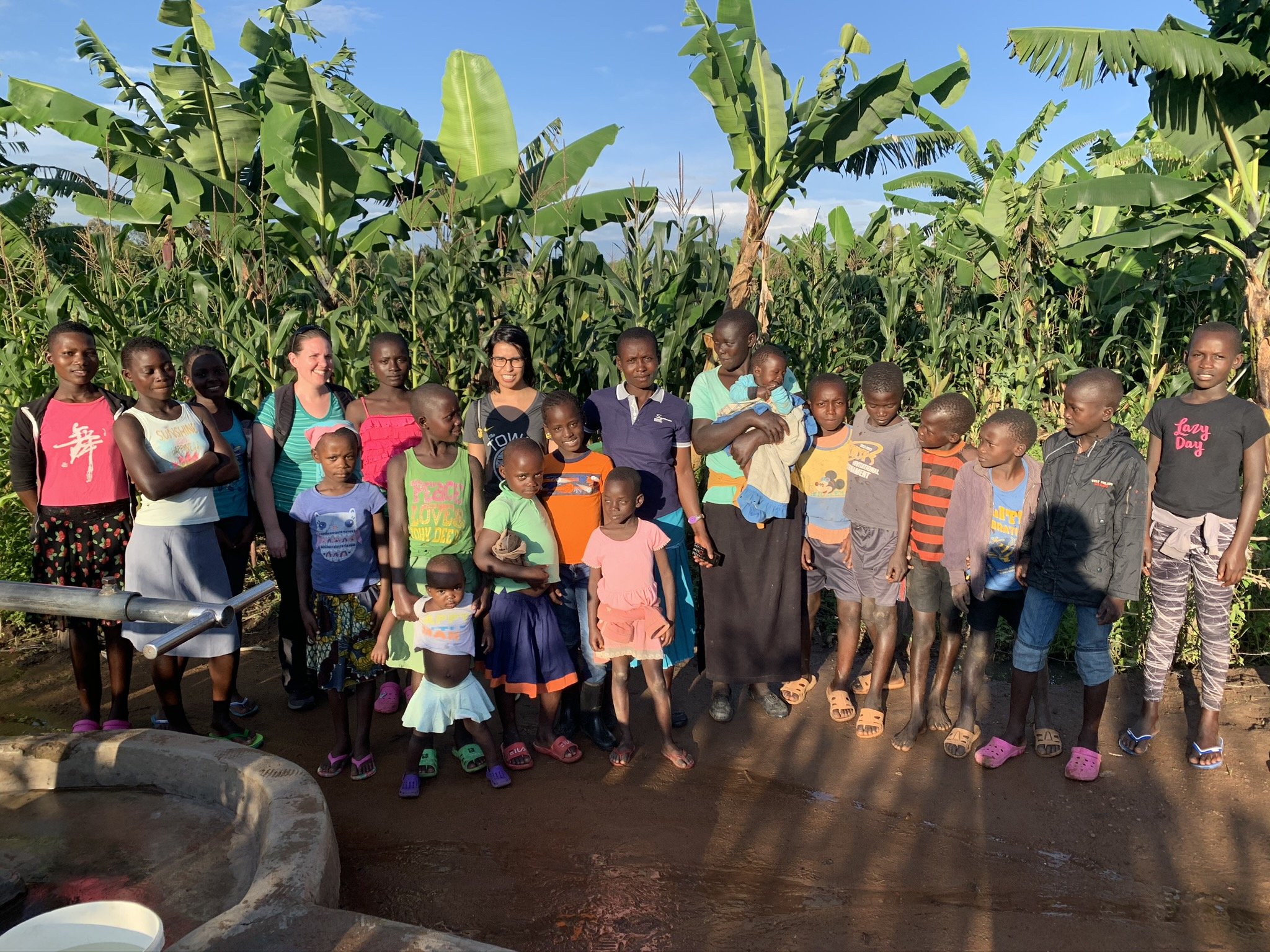
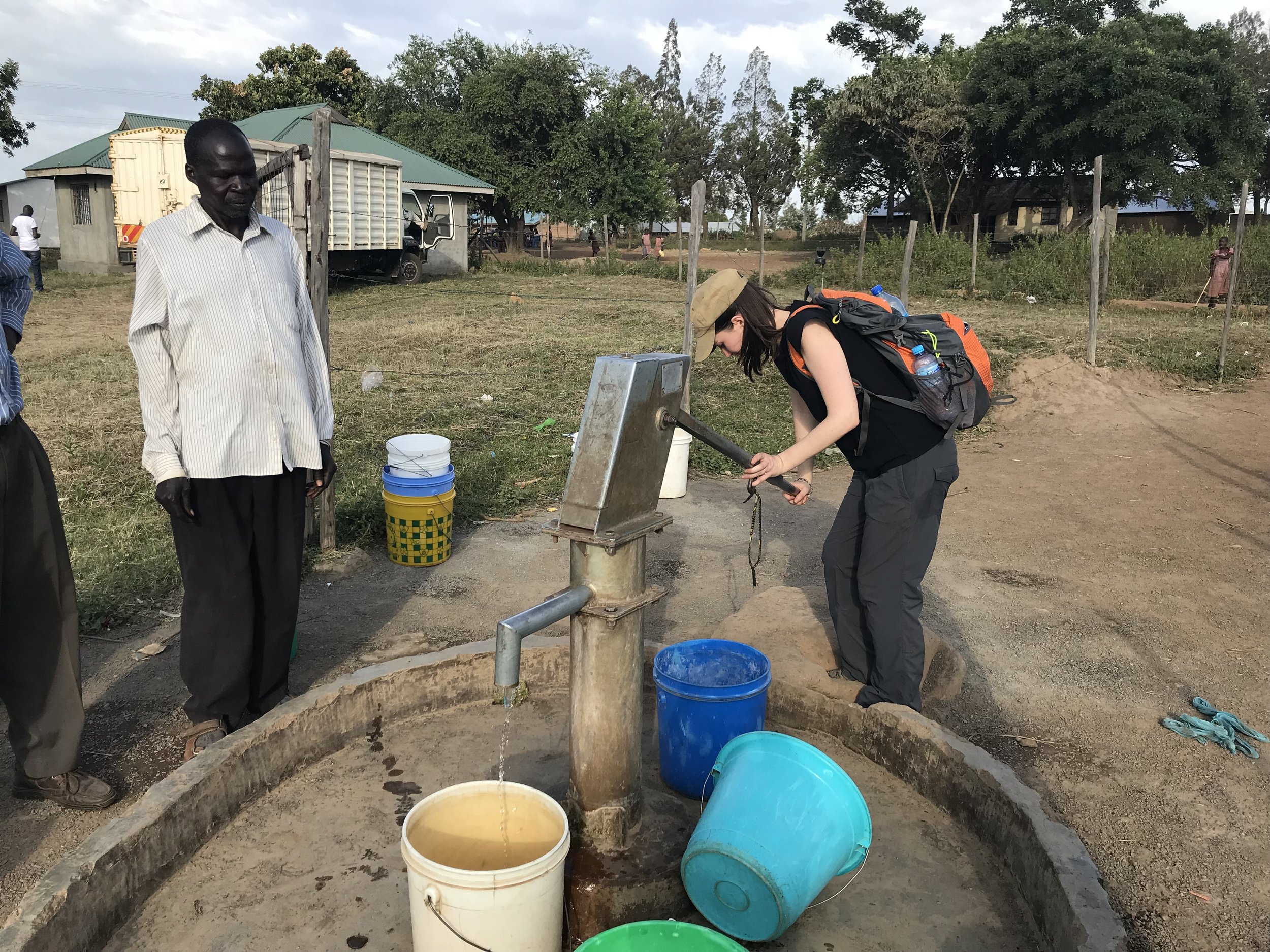
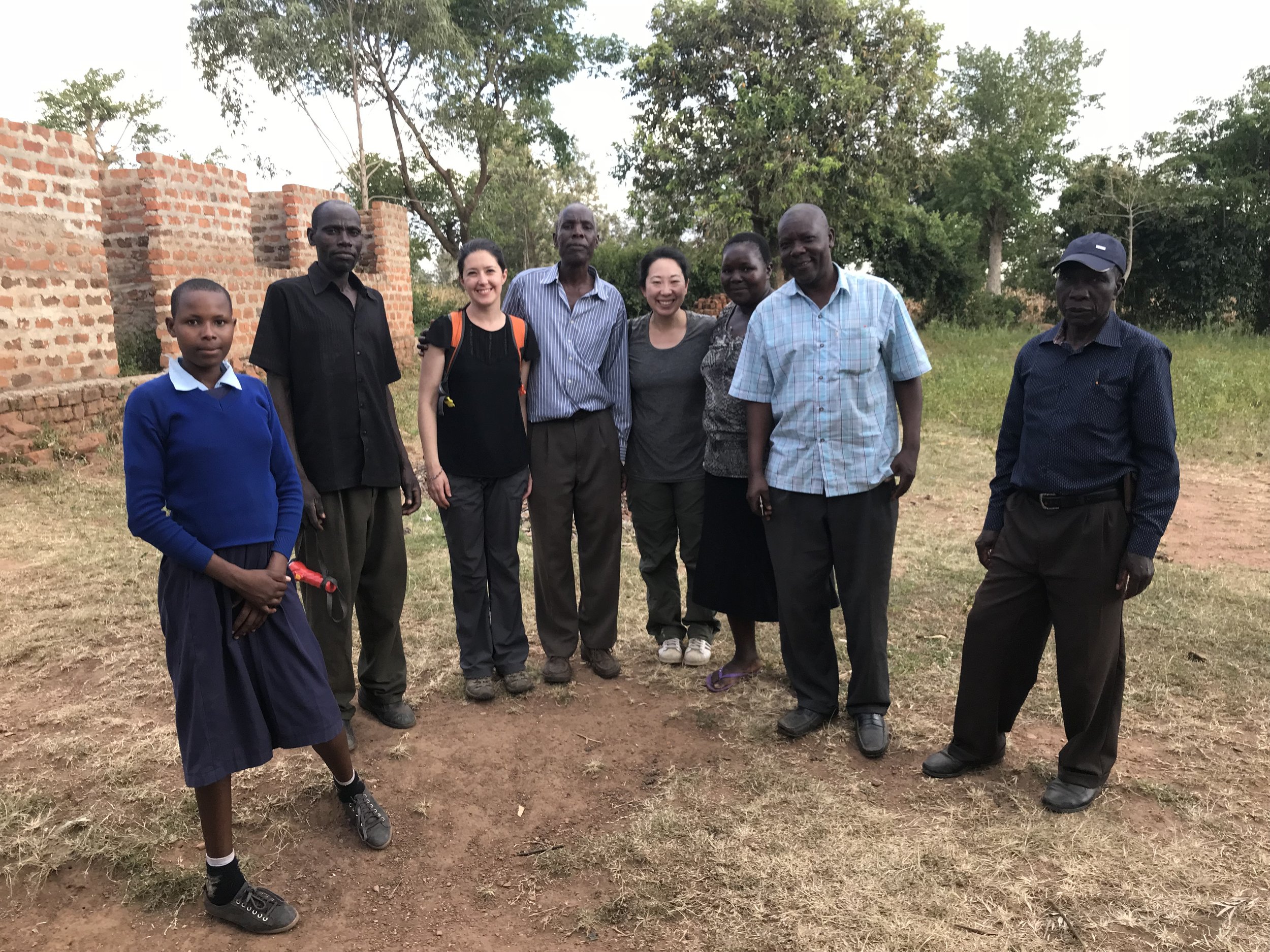

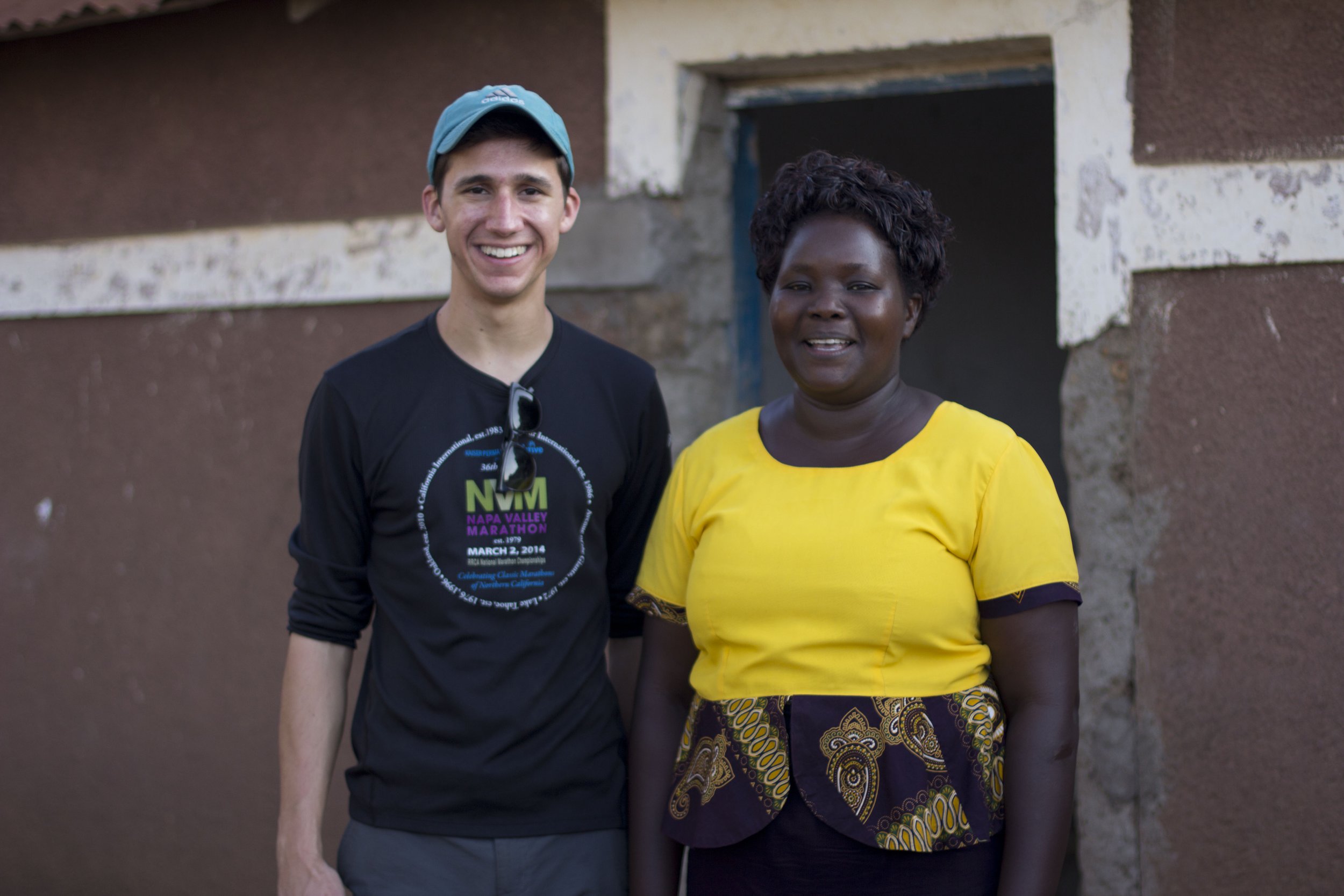
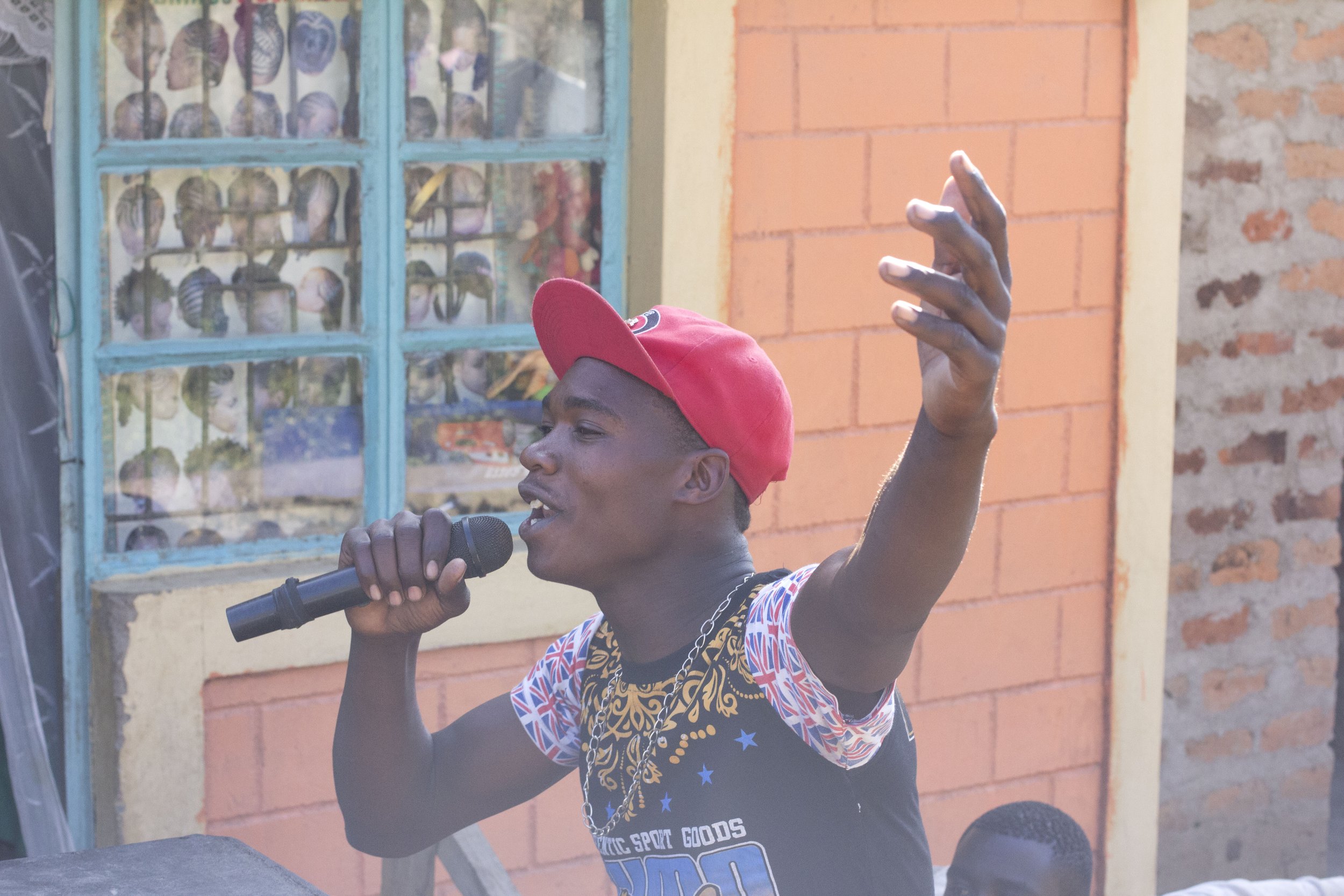
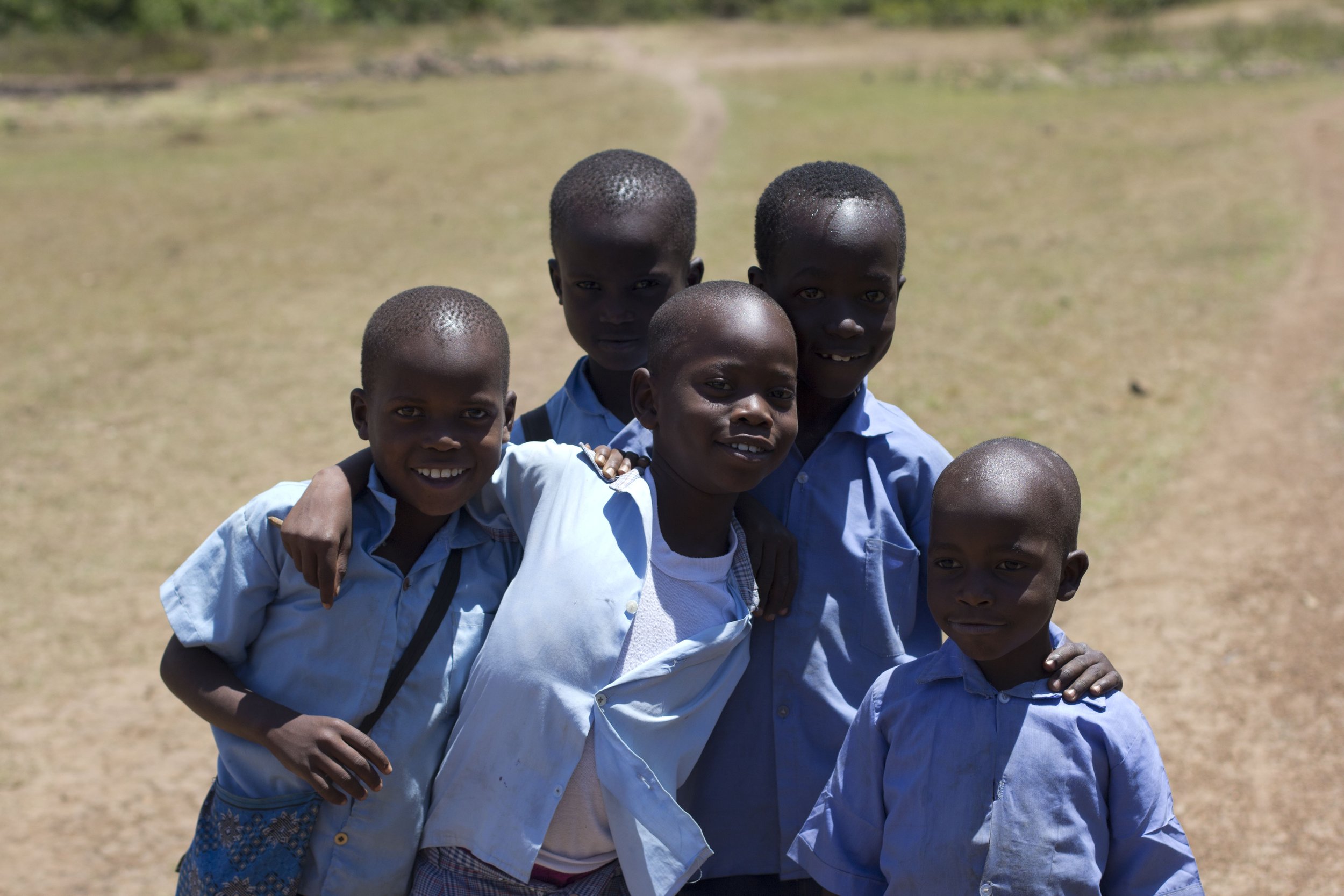
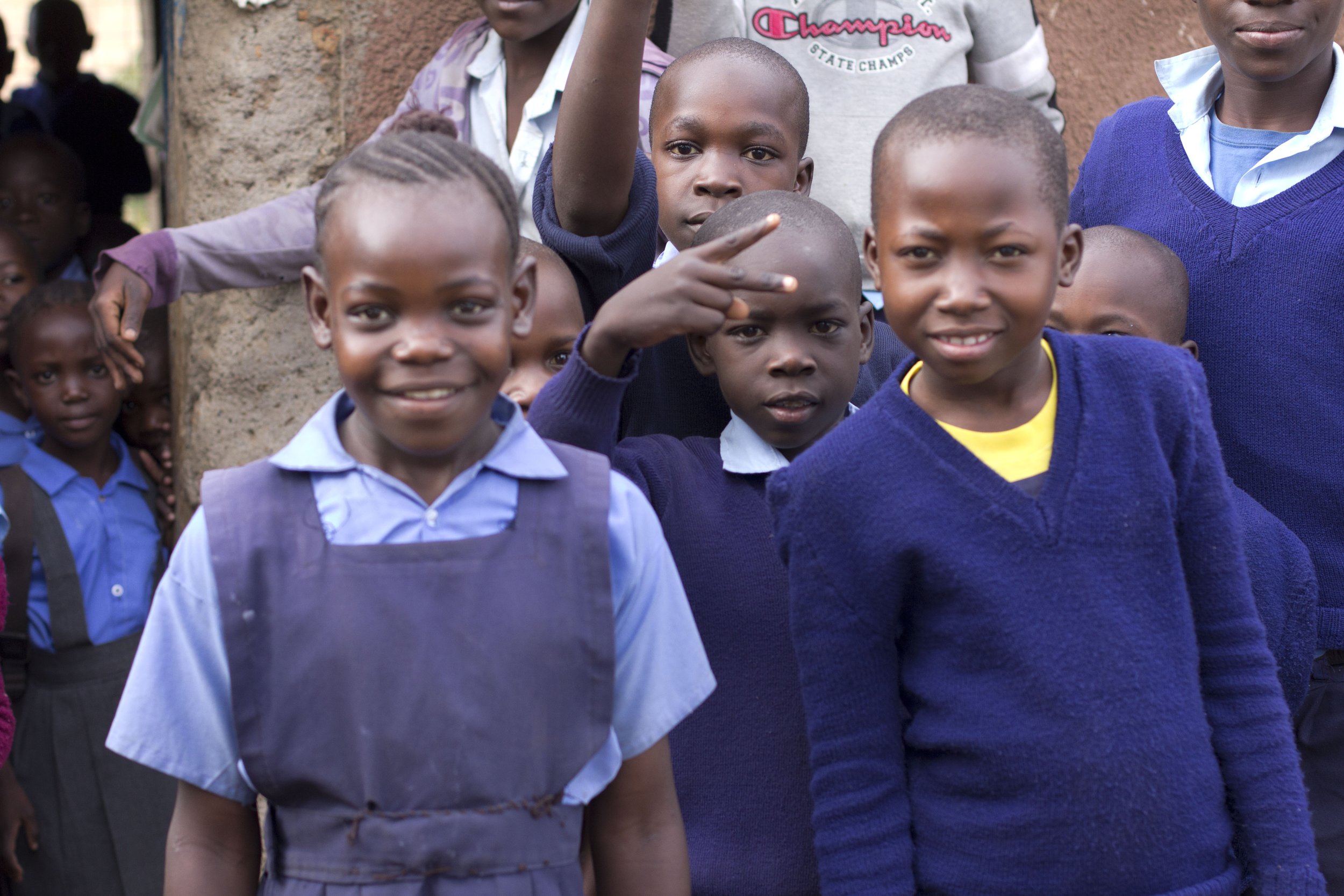
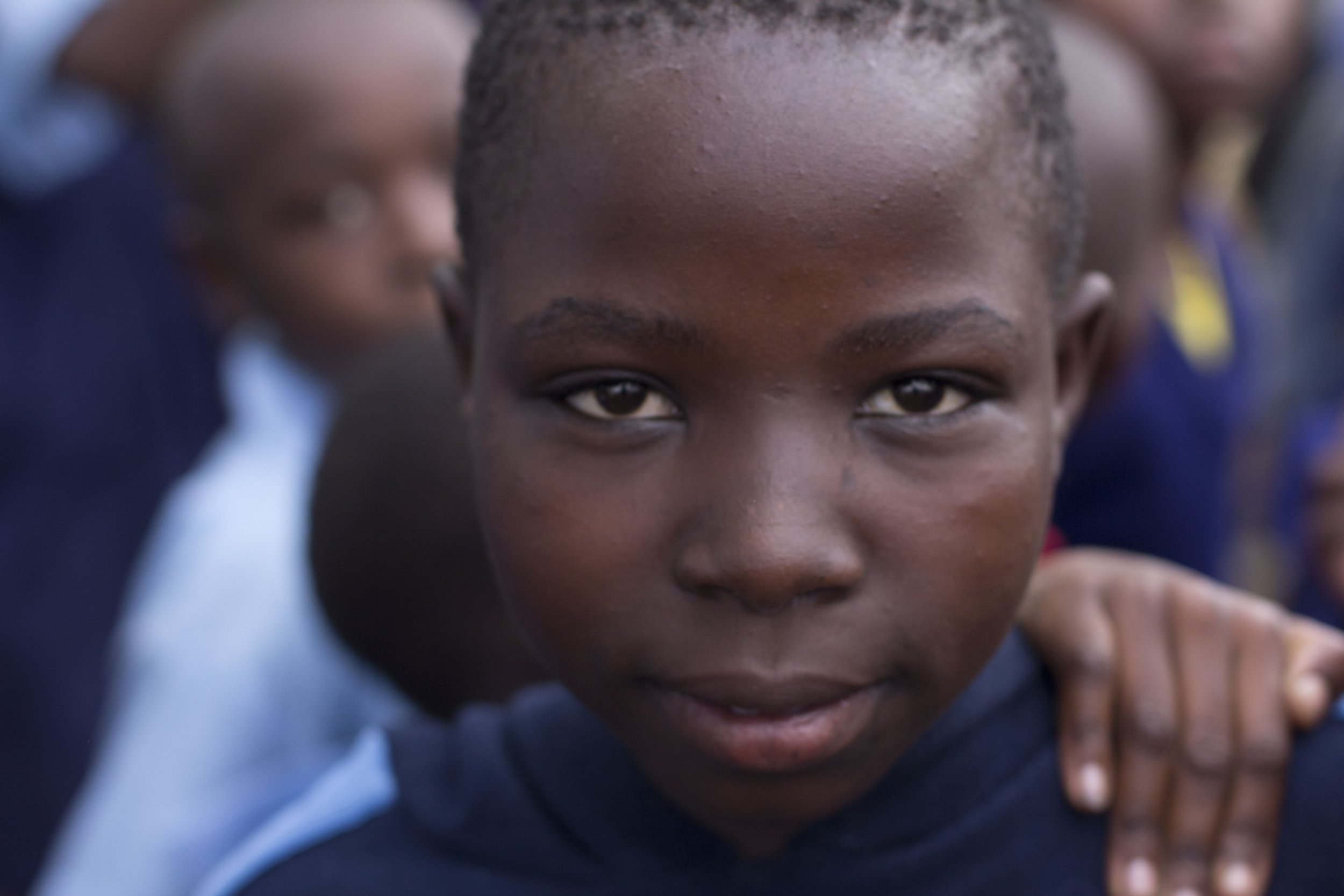
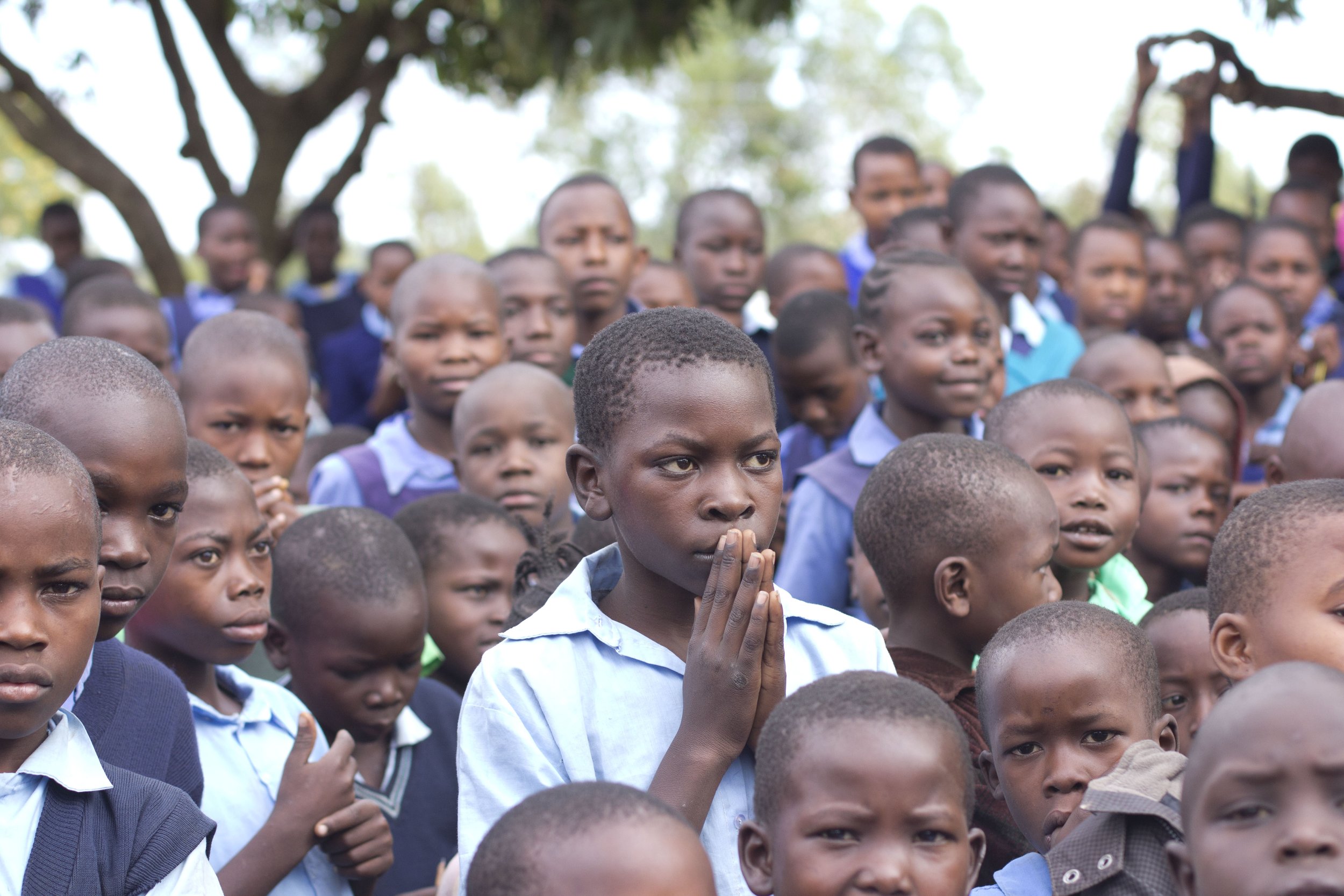
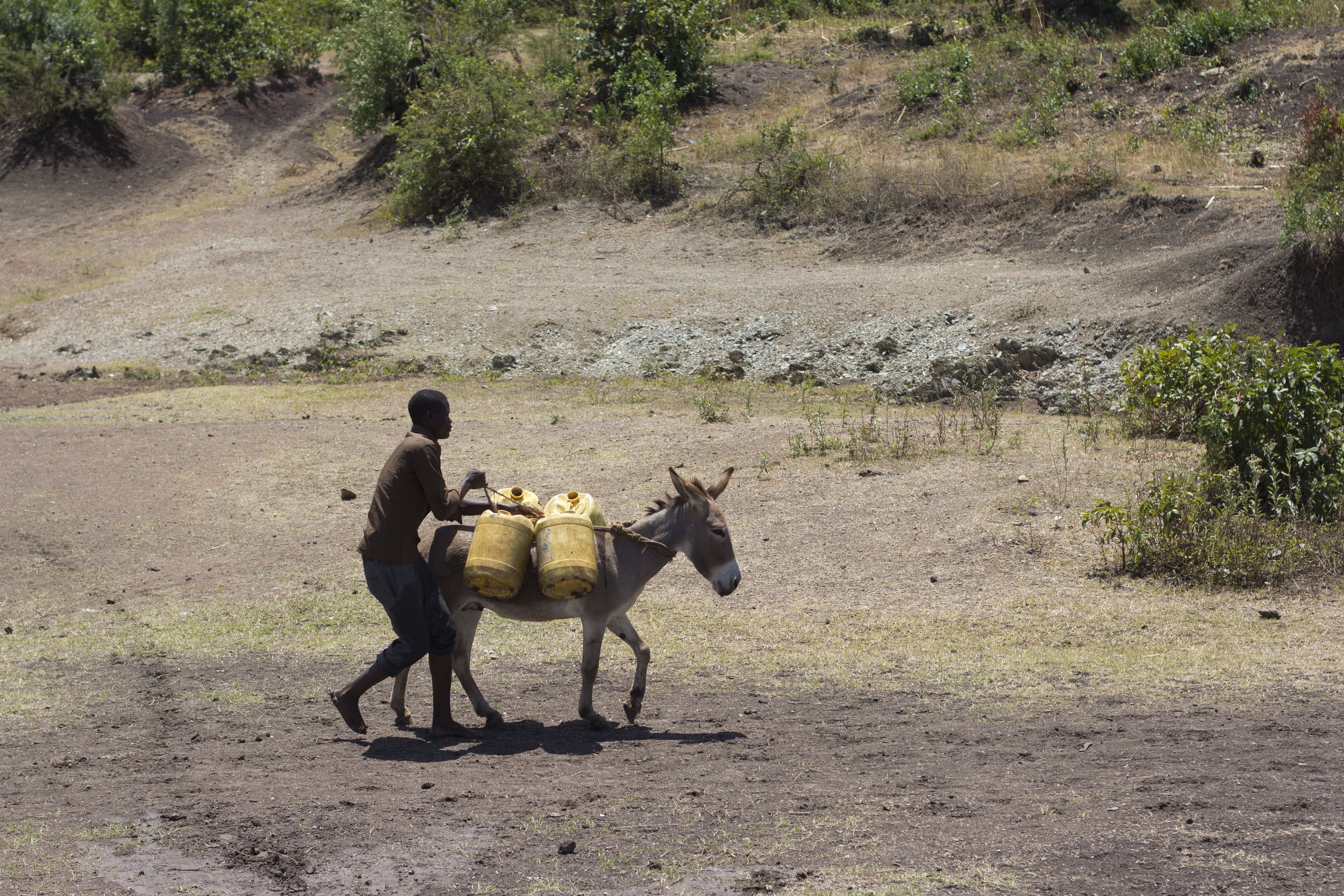
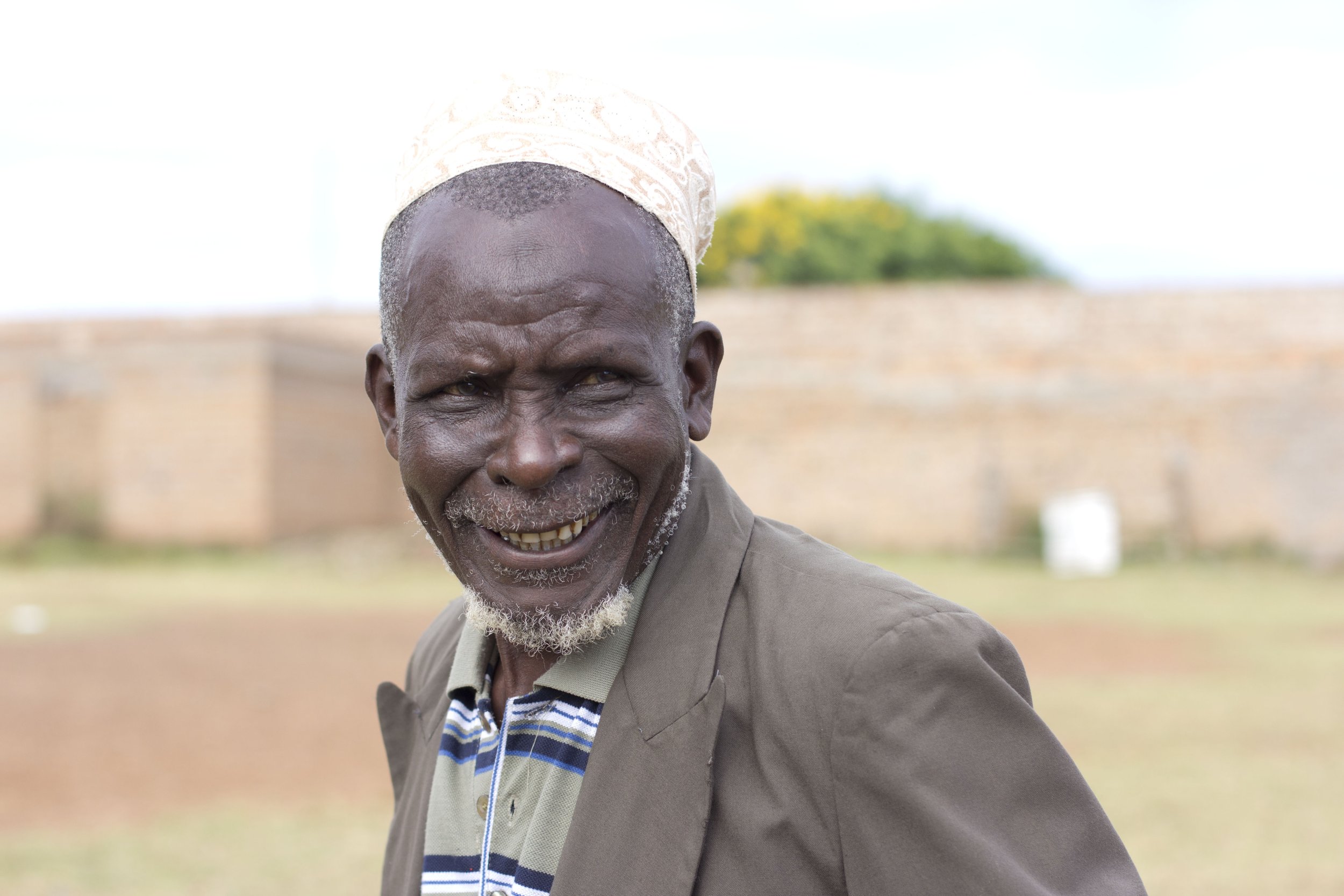
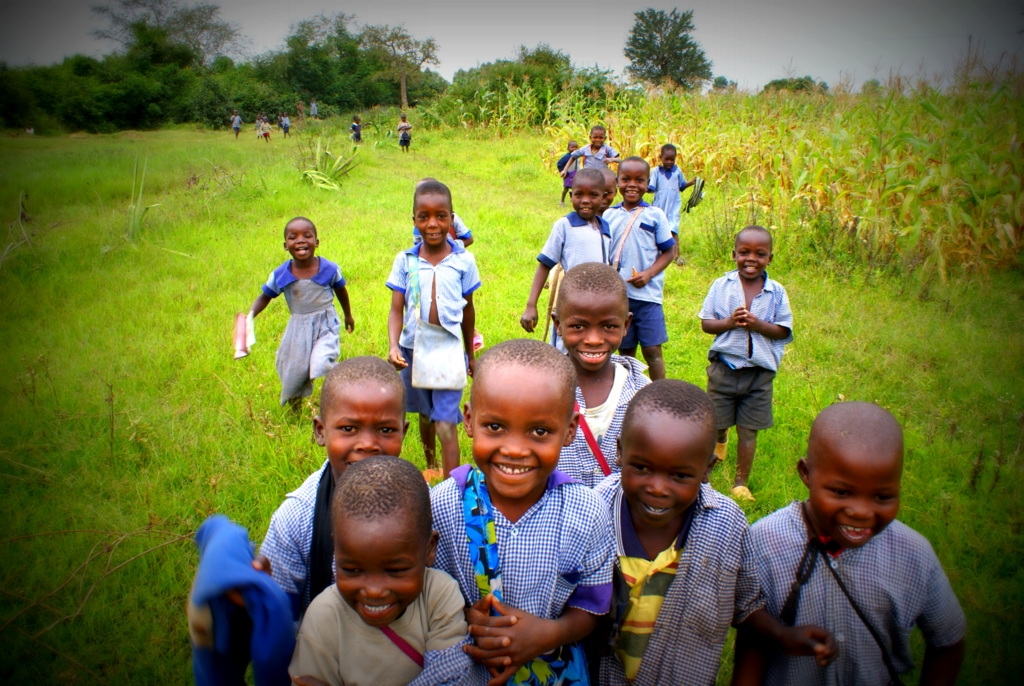
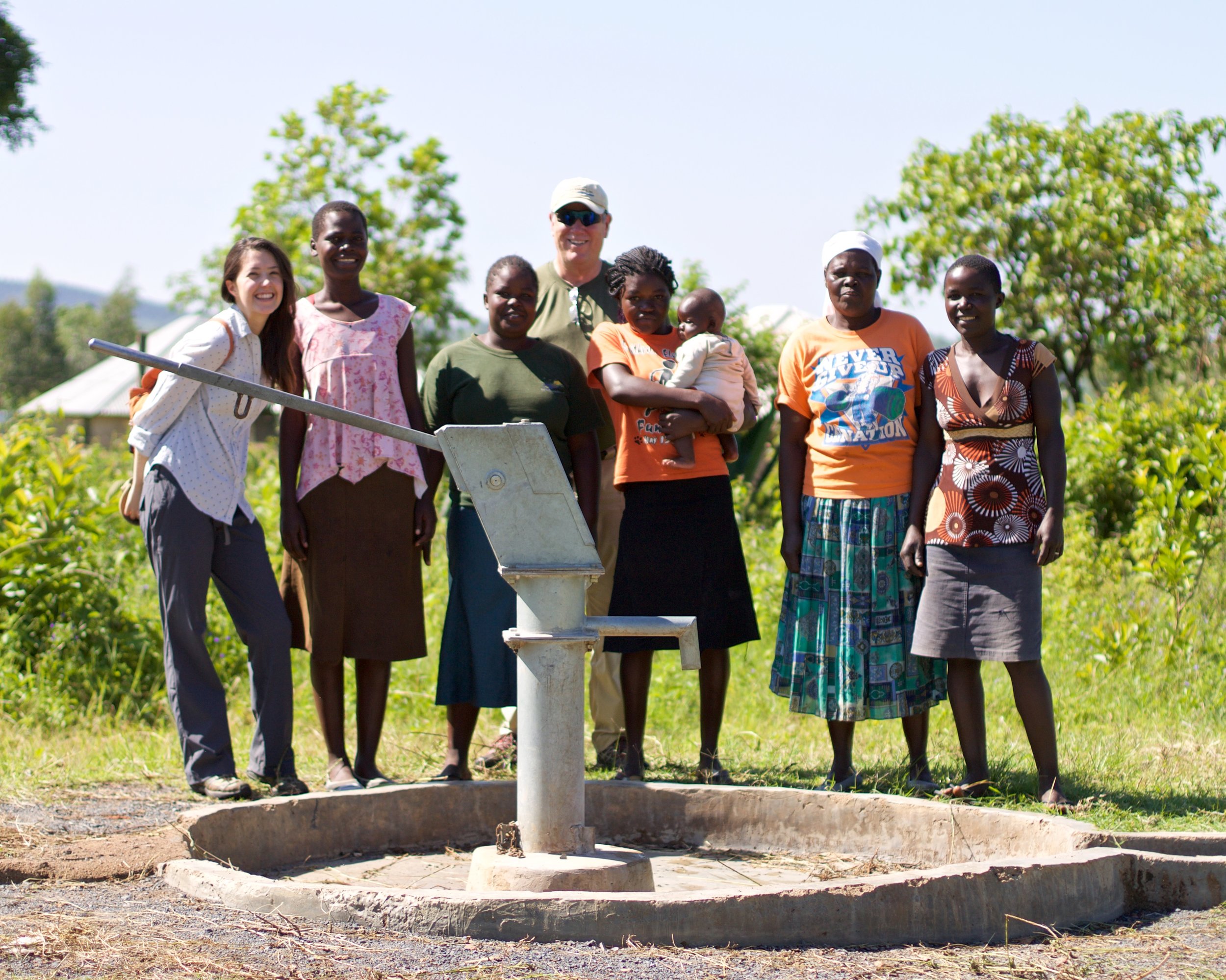
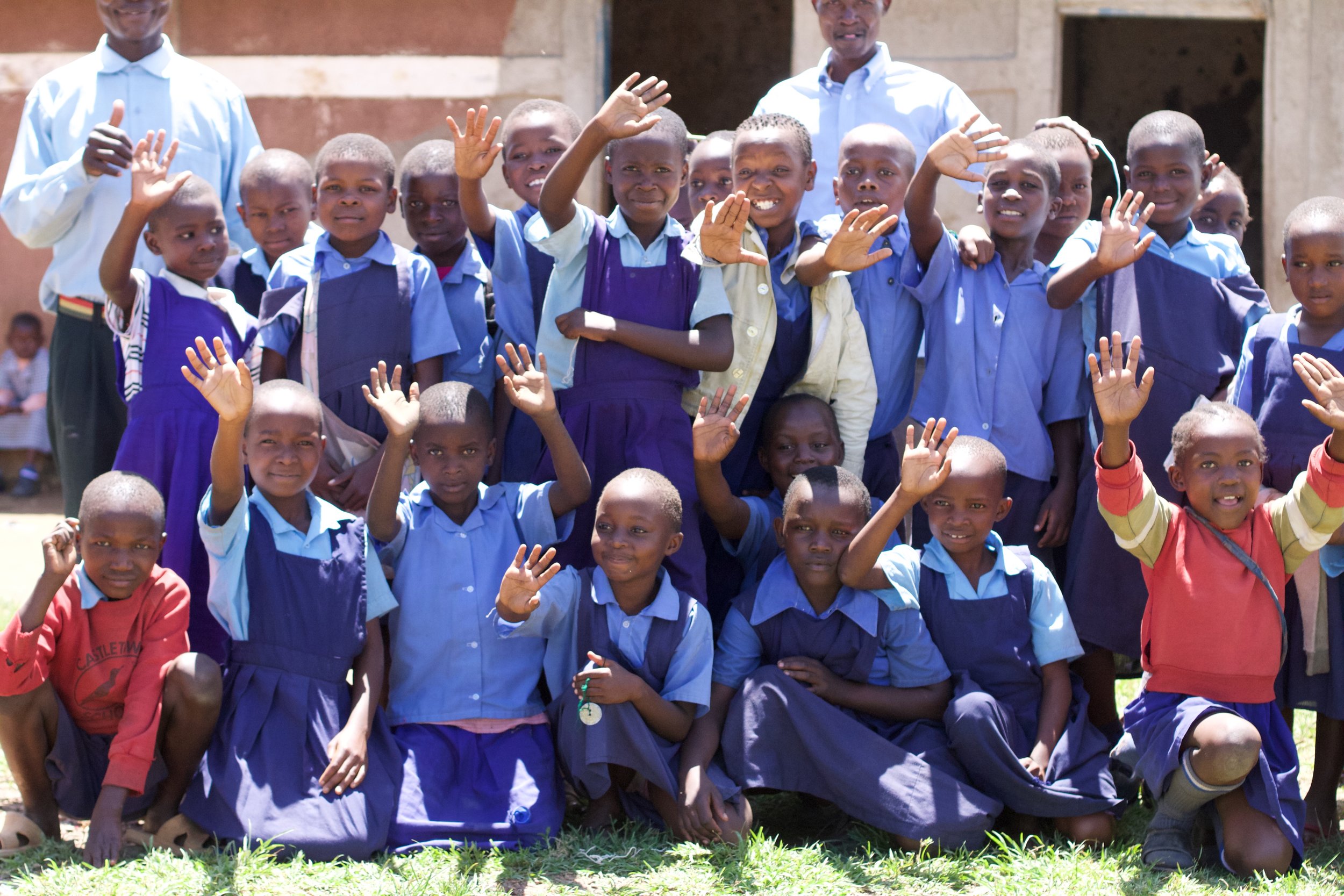
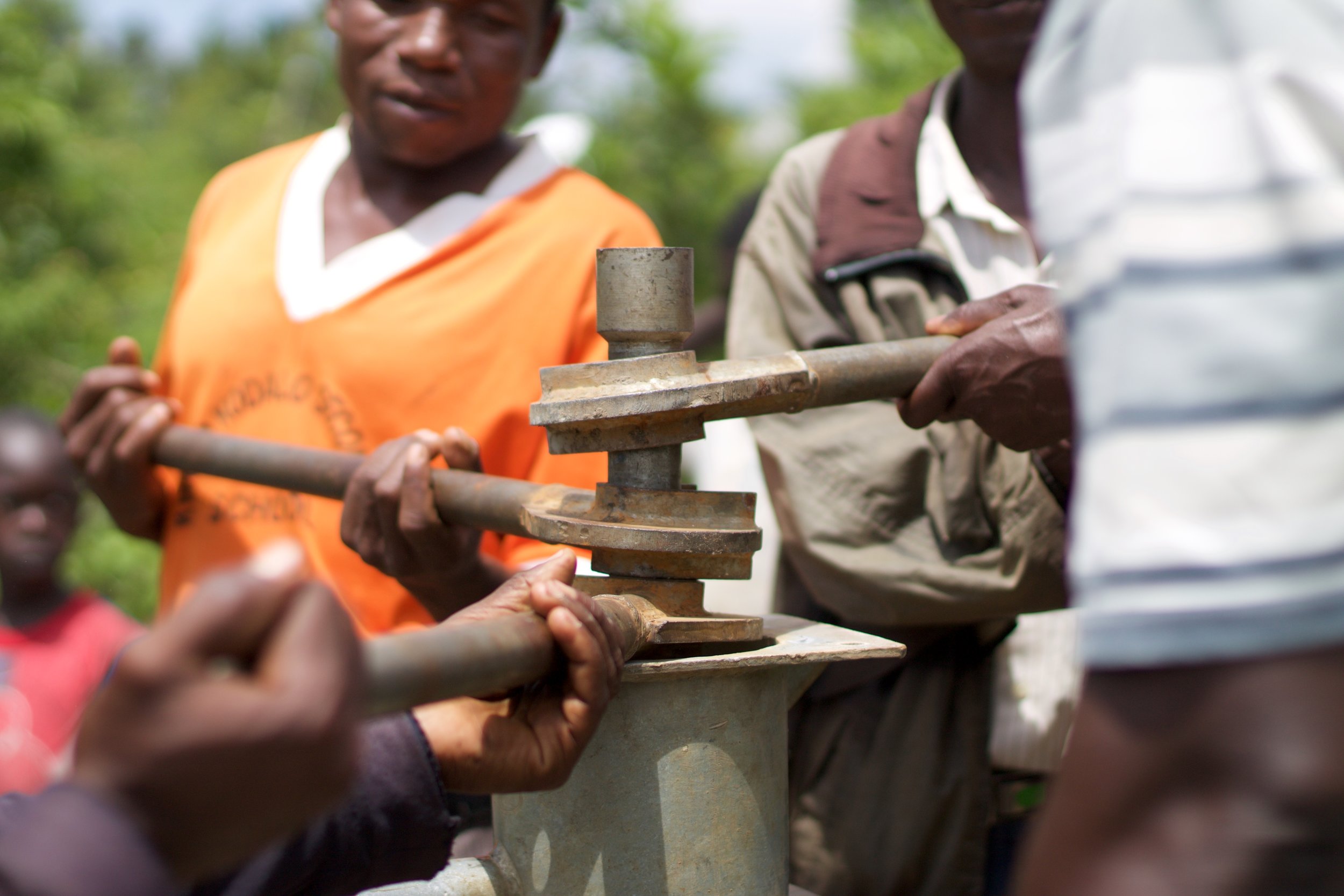
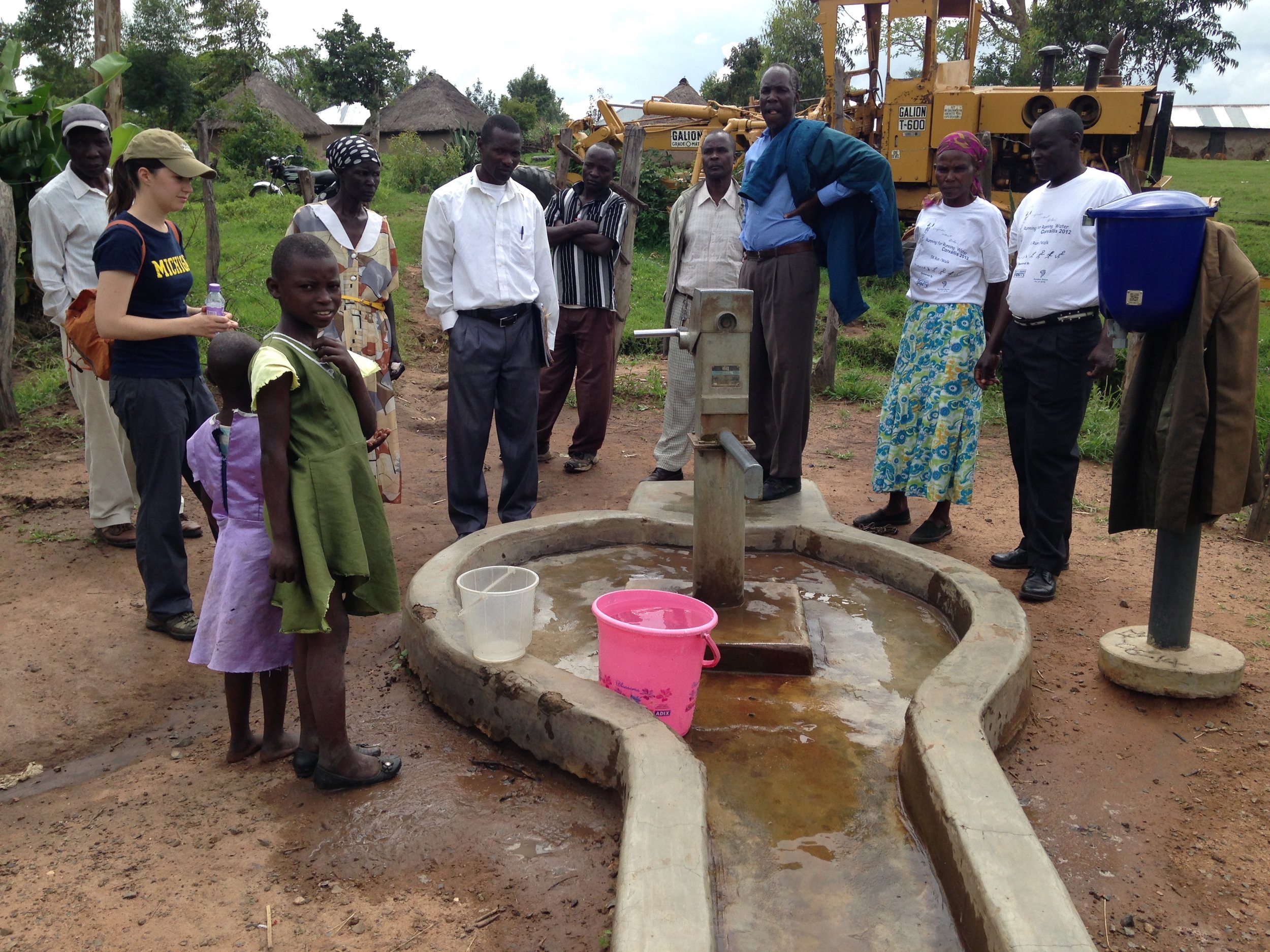

From their partnership with OSU, the Lela Water Board has been very responsible in maintaining a fees structure and maintaining the wells. Upon visitation to Lela, all wells were in good working condition and fees were being collected for each well location. There are water sanitation and filtering stations at each well that have also been maintained. The Lela Water Board has about 5,000 KES in the bank to prove that they have reserves to pay if repairs are required. The EWB-SFP team is very eager to start this project because of the passion and determination of the Lela community. They have formed a very organized Water Board that has met regularly since the OSU Chapter was involved in 2014. The Lela Water Board is a very motivated and charismatic group.
Arombe is a small community located inland of Lake Victoria and north of the Tanzanian border in Western Kenya. The local people live in rural homesteads and grow tobacco and mine surface gold for sale to large companies, (the average income in Arombe is $10 per month per household). Their current sources of water are several seasonal springs and a heavily contaminated river. When the springs run dry during periods with little or no rain-fall, the river is the only source of water for the community as well as everyone up and down stream. Contaminated water leads to outbreaks of typhoid and dysentery that affect nearly half the population every year leading to fatalities.
The village has a very motivated self help group that has been working over the past few years to improve quality of life in the Arombe area. The group has already raised funds to build and staff a medical clinic that provides treatment and testing for HIV as well as medications and treatments for several less severe diseases that occur within the local population. The group’s current goal is to reduce the occurrences of disease and infection by providing the community a clean, reliable source of drinking water. The self help group took several steps forward:
Forming a water board
Facilitating a hydro-geologic study
Obtaining a well drilling permit
Pursuing a Kenyan government grant and applying to EWB USA for engineering design assistance
2018 and Beyond
EWB-SFP plans to continue to work with the Arombe, Masara, and Lela communities in Kenya to help realize both clean water and socioeconomic advancement. The activities in the future include:
Monitor previously installed wells in Arombe and Masara
Install wells with mechanical pumps in Lela and Masara
Educate and raise awareness within the local communities about sanitation and water
Past Activities
The EWB-SFP Chapter first traveled to Arombe to assess the community’s access to water, perform hydro-geologic research, meet the self help group and interview local drilling companies. During the visits, our engineers were able to discuss community health priorities, view several nearby water systems, and compare potential water source locations.
Assessment of the community indicated both minimal access to clean water and poor knowledge of sanitation. In addition, members of EWB noted a lack of capital for the self help group to implement a clean water system, and a lack of education to expand the Arombe economy.
After investigating the geology in the area, well installation was determined to be the most effective method to address Arombe's clean water issues. In 2013 and 2014, boreholes and pumps were installed. The last time the Kenya team visited the Arombe community was in January of 2017. The team revisited Arombe to check on the wells, ensure that the community has been able to maintain the pump, and determine what kind of support the community will need.
Until 2015 the Lela community was under the care of the EWB Oregon State University student chapter. The OSU team agreed to help Lela with six wells and has so far been able to implement three. In 2015, the EWB-SFP team took over responsibility for the project due to travel conflicts for the OSU team, and has visited the community on three occasions over the past two years to check up on the previously installed wells and assess the community’s needs. The EWB-SFP team has since signed an MOU with the Lela Water Board to proceed with the project.
In Masara, a driller has been hired to install a well to provide clean water for the community and local school throughout the year. The team was there to oversee the work and provided the support required to make sure the project was completed.
Get Involved
Check out the Events Calendar for upcoming team meetings and fundraisers
E-mail volunteer@ewb-sfp.org to find out about getting involved on this team
Join us in the fall at SFari, our annual fundraiser
Make a donation! All funds, whether $5 or $500, help the teams in changing someone’s life
